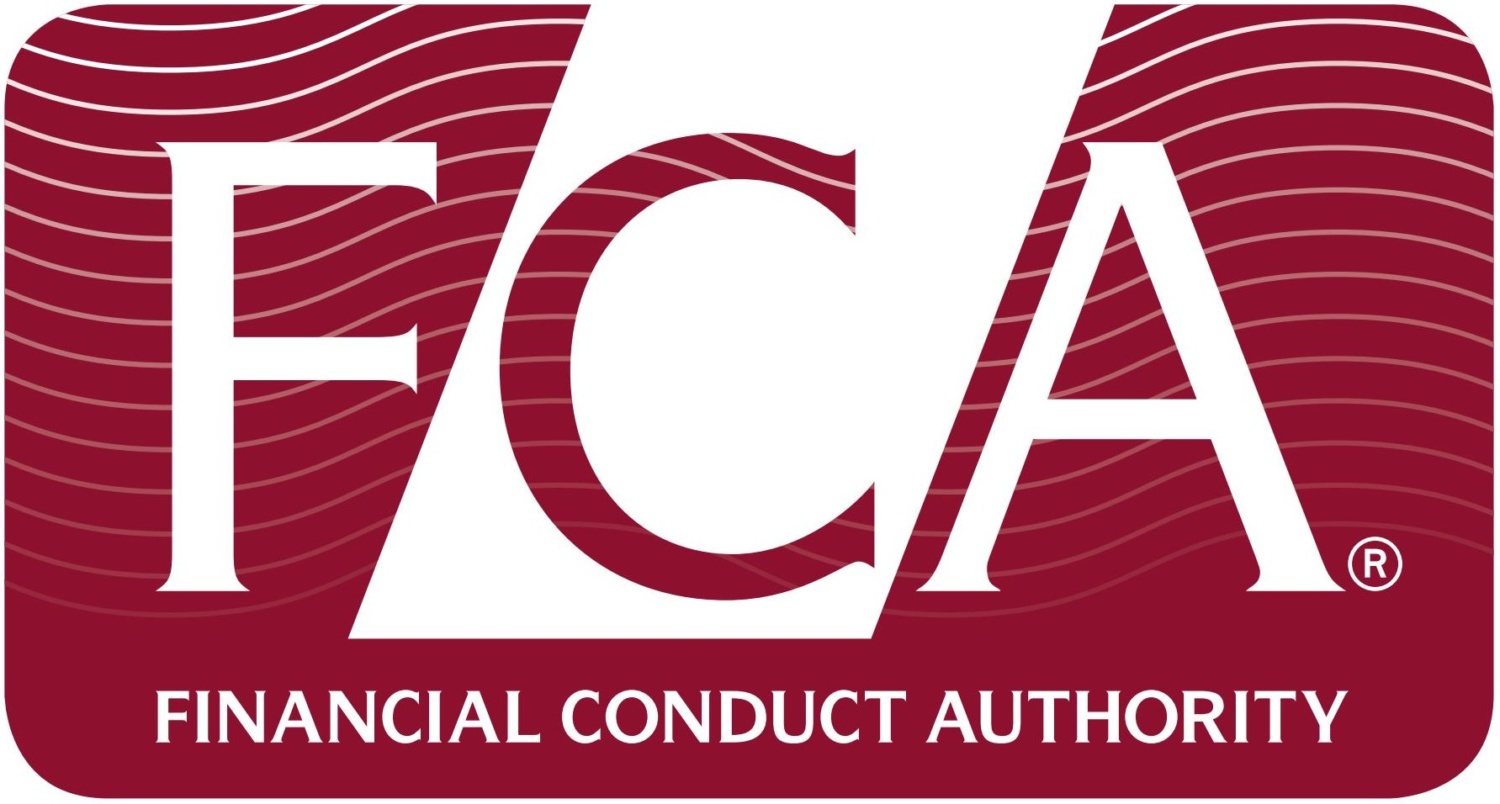P2P Finance News open discussion on the challenges and preparations peer-2-peer lending platforms face, as they welcome the new General Data Protection Regulation (GDPR). Ian Anderson, Chief Operating Officer at ArchOver, shares his expectation of the impact to business growth. Read more here.
Tag: regulation
FCA Feedback Statement
No one ever said that the FCA’s task of setting out a definitive set of rules and regulations for the crowdfunding industry was going to be easy, but last week’s interim feedback statement underlines just how far the regulator’s deliberations still have to go. It doesn’t help that the report talks about the dangers of “regulation arbitrage” – I imagine that most people had to look up what it meant! – or that crowdfunding was the descriptor used to cover both equity and debt finance. Commentators had just about got round to calling the latter crowdlending, or P2P lending, to make the distinction between the two very different forms of investment.
But be that as it may, the crux of the matter appears to be that some of platforms are pushing the boundaries of ‘interim permissions’ to the point where, to all intents and purposes, they are acting like a bank, but are not governed by the same jurisdiction or restrictions as a bank. As P2P Lending evolves and new business models appear so the lines are bound to become blurred. The FCA’s dilemma is that any set of rules made at a given point in time is almost certainly going to be out of date very quickly. And so, reluctantly, I have to agree that it is better to wait and to get it right than to rush something out for commercial expediency.
In the meantime, I can confirm that ArchOver does not try to operate like a bank and has no plans to become one. Our proposition is clear and fair, starting with our policy to treat all lenders equally.

One of the major problems is that, in its efforts to be fair and transparent, the FCA is creating more confusion. If it knows which platforms and services conform to its idea of what is good and clear, perhaps one way ahead would be to name them, authorise them and set them up as an example for everyone else to follow. Surely it would be far more instructive to benchmark the industry than to use opaque expressions (e.g. regulation arbitrage) to try to get its point across.
It would also be better to show us what is acceptable than to wait until someone does something wrong and then to beat them with a big stick. Everyone would understand that.
In the meantime, the P2P lending sector is continuing to provide invaluable support to the SME sector and interest-starved investors are still receiving a reasonable return on their money. Where’s the harm in that?
The FCA’s tailored regulation of P2P Lenders is for the benefit of everybody
A theme that has begun to emerge in alternative finance article headlines at the moment is that there is a perceived love-in between the FCA and peer-to-peer lending, with George Osborne an enthusiastic Cupid-like figure matching the two. The regulatory body has come in for criticism from the old guard that believe the old scourge of the banks has gone soft on the new “tech” whizz kids on the block. This isn’t helped by the frequently-cited, well-intentioned-but-slightly-undermining quote by economic secretary to the treasury Harriet Baldwin that government and fintech share a “beautiful friendship”.

Yet there are incongruities between news article headlines and article content. Take John Thornhill’s article, published in the Financial Times last week, which began with the suggestion that “a watchdog with the ‘right touch’ sounds ominously like one with a ‘light touch’ “, before proceeding to make some very reasonable points on why the FCA applies slightly different regulatory procedures to start-ups and small cap businesses than it does to centuries-old banking institutions. Throwing the same rule book would crush every start-up under a mountain of excessive regulation and process, and would negate much of the innovation sorely needed to replace the antiquated banking practices. The FCA’s “approach” should be commended as forward-thinking- let’s remember that it really is just an approach at the moment as the majority of the platforms are still in the midst of the lengthy and detailed regulatory process that certainly doesn’t feel light touch.
The revelations coming from the States regarding Lending Club have done nothing to dampen criticisms of the FCA/peer-to-peer perceived cosiness either. Yet it is the willingness for the FCA to work directly with peer-to-peer lending platforms that has, and will, prevent the blatantly reprehensible behaviour that wasn’t detected initially in the States; there, the industry has been regulated under a blend of existing consumer and banking regulation that has proven to be unsuitable. Working to tailor the regulation to the peer-to-peer sector will prevent swathes of old-fashioned banking malpractice carrying over to modern finance. Renaud Laplanche, by acting in his own self-interest, assumed a guise firmly rooted in the past, not endemic to the burgeoning P2P sector that prides itself on transparency and openness.
Every platform will now be keen to highlight the differences between themselves and Lending Club, although there will have been many who, this time last year, would have been perfectly happy to seek comparison with one of the biggest players in the global sector. However, if all must be tarred with the ubiquitous “Fintech” brush then there is one obvious point to make from a UK peer-to-peer lending view. We are very much the “fin” side of the portmanteau as true providers of alternative finance – the “tech” only applies to the platforms used to facilitate loans. Unlike Lending Club- which initially positioned itself as a social networking service and developed an algorithm called LendingMatch to identifying common relationship factors such as geographic location, educational and professional background, and connectedness within a given social network to match lenders with borrowers- UK platforms are not primarily algorithm-driven and rely on due diligence processes at least as thorough as those of the banks to vet borrowers. But the Lending Club debate shouldn’t necessitate these explanations- this is (possible) criminal activity from a senior management team undoubtedly out to furnish their own pockets. The FCA will continue their stringent, tailored regulation of the industry to prevent this happening over here, regardless of the baseless accusations that they’re cutting corners to appease the government.
In defence of Fintech
Head of Ernst & Young’s FinTech department, Imran Gulamhuseinwala, recently asked if anyone was actually using FinTech. His question, whilst flippant in tone, raises a couple of issues with both the conceptual definition and the uncertain future of “FinTech”. The word is a rather nasty portmanteau that covers a broad spectrum of businesses that have attracted around $12 billion worth of investment in the last year alone, ranging from crowdlending platforms to payment software and digital currencies, and then the rest. Advocates of the virtues of FinTech bristle at any suggestion of a repeat of the “Dot-Com” bubble, yet you can’t ignore the sense of déjà vu as every man and his dog tries to get a piece of the action, with valuations skyrocketing as a result. Saying that, the drop in venture capital funding for technology businesses at the end of 2015 looks to continue into 2016, although that will be in “number of transactions” rather than a drop in dollars pledged. Companies and sectors that have ridden the FinTech boom may be first to distance and reinvent themselves should the bubble burst. Efficacy is the name of the game for FinTech, and yet there are worries that software is being developed without a clear sight of what it will actually be used for. That will always be the case with technology, and it isn’t to say that there are plenty of instances where financial technology is working very well. It is therefore ludicrous to suggest nobody is actually using it in one form or another.
It is true that reviews of FinTech tend to come from the providers extolling the virtues of the technology, rather than from actual users. However, accountancy firm Ernst & Young produced a survey revealing that 14.3% of UK “digitally active customers” are using FinTech; one in seven isn’t a bad ratio for a nascent industry and leaves room for more involvement, which will continue the growth. Whilst there is certainly a supply glut, the payments sector will trim itself down through a simple process of “survival of the fittest”, and in the peer-to-peer lending and crowdfunding spaces there will have to be a more painful process of consolidation. “Democratisation” away from the banks will be through competitors with brands stronger than their balance sheets: more Funding Circle’s and Ratesetter’s, in other words. Standard & Poor’s December report on “The Future of Banking: How FinTech Could Disrupt Bank Ratings” alludes to as much; the big banks will swallow up the smaller fry by saying that “acquisitions will largely be limited to small players, especially in light of strengthened regulatory capital requirements for banks, and gaps in valuation metrics between FinTech players and banks”.
Kadhim Shubber’s response to the S&P report for FTAlphaville raises some good points, but I take issue with the general tone of the article which seems to belittle financial technology as a series of potholes that littler the smooth tarmacked autobahn of banking brilliance. I agree that “the largely unregulated nature of FinTech at some point is likely to come back to bite”; however he doesn’t mention the willingness of FinTech businesses to be regulated. FCA regulation may come sooner rather than later in Peer to Peer Lending, something that the naysayers have also taken umbrage with, arguing that the FCA has forgone its primary role as the strictest of regulators in order to help shift business away from the banks; he may have a point there. Yet FinTech, for Shubber, is a just a nifty opportunity for savvy entrepreneurs to get rich before the banks step in to clean up the competition. FinTech companies wear “big, frightening costumes in an attempt to scare established players into taking you out, at a hefty premium of course.” He cynically portrays the partnership between OnDeck and JP Morgan as an example of a FinTech company “eager to offer up their technologies to large banks who are willing to give them the credibility of a partnership”, instead of a bank seeking to evolve with the times and in doing so putting itself ahead of many of its peers. Read this article published by Reuters for a fairer view of the JP Morgan/On Deck deal than Mr Shubber provides us with. Nobody in their right mind believes the waffle the FinTech will “kill off” the banks; they are already working alongside each other or in partnership and long may it continue.
